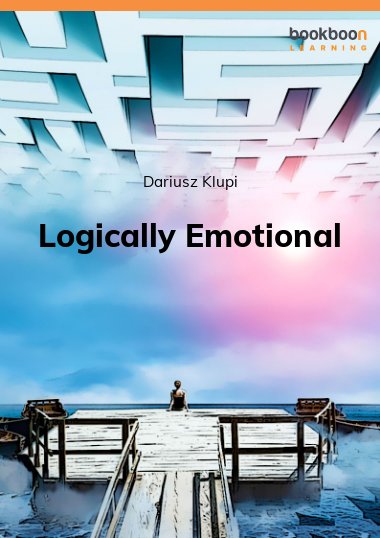This short eBook will make you want to revise what you know and think about emotions, empathy and their place in the workplace, especially among leaders and managers. It touches on modern leadership tools such as Agile, Scrum or Holacracy with emotional competence at their center. In a nutshell, it offers practical application for families of anger, sadness, fear and happiness and steps of empathy. It encourages you to explore the fascinating world of long cause-and-effect chains and hidden logic. Finally, it will inspire you to grow competencies for work and life in the 21st century.
About the Author
After working in IT for 24 years, Dariusz Klupi understood that if you want to be an outstanding leader, you need solid emotional skills. Dariusz introduced the Agile approach to work in Credit Suisse, Swiss Re and ABB in Zurich while living in Switzerland for 16 years. Before returning to his home Kraków, he supported transformations at HSBC and Cathay Pacific Airlines in Hong Kong. Besides sharing his passion for emotions, he is supporting Philip Morris International to become Logically Emotional and successful in their IT endeavors. Emotions and their understanding empower his success.

